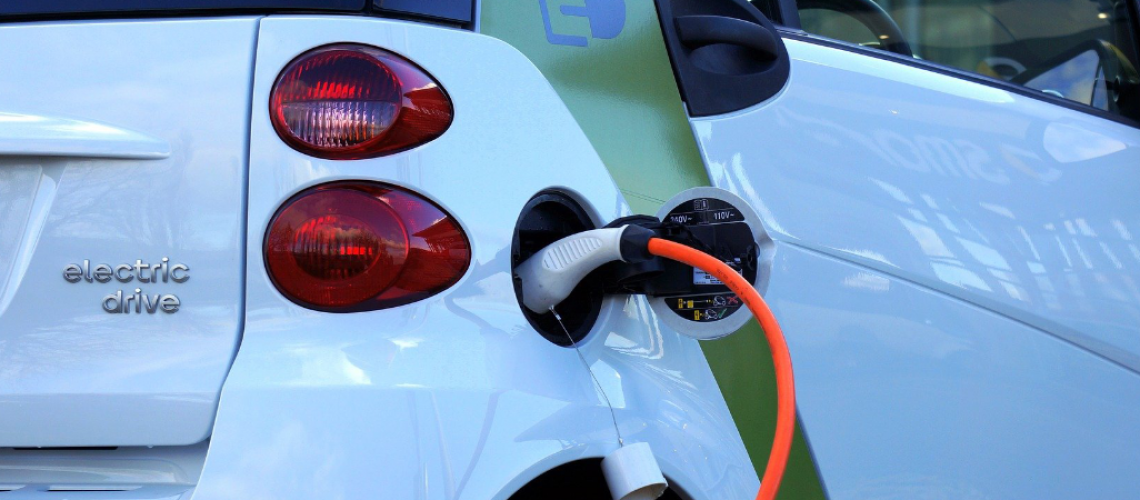Charging points are popping up everywhere with the use of Electric Vehicles (EV) increasing. The Society of Motor Manufacturers and Traders (SMMT) reported in August of 2018, the number of hybrid, plug-in hybrid and pure electric cars made up 8% of the overall market. An increase in the total number of vehicles registered, up by 23% during the same period in 2017.
While the number is rising, the UK needs a sixfold increase in the number of EV charging points by 2020 to provide adequate infrastructure for green motorists. According to data company Emu Analytics, there are just 16,500 points with the need of an extra 100,000 more.
Supermarket giants Tesco and car manufacturer Volkswagen are planning on introducing more than 2,400 charging units across 600 branches by 2020. This is all part of Tesco’s company-wide sustainability initiatives. However, they aren’t the only ones to increase the number of units in the UK. In 2018, oil giants BP bought the UK’s largest electric charging network, Chargemaster, for £130m. Rebranded to BP Chargemaster are expected to rollout ‘Ultra-rapid’ charging points across the UK in 2019.
But a recent study by Volkswagen found that there are still a number of misconceptions about electric vehicles. In a poll of 2,000 drivers, top of the list was ‘How quickly do they charge up?’ with ‘How quickly do they run out of charge’. Sensible questions! However, some less obvious questions made it on to the poll including:
- Are they too quiet?
- Will the slow down as the battery depletes?
- Can they be driven in the rain?
- Do I need to wear rubber soled shoes when driving to avoid electrocution?
- Do I need to avoid puddles?
Nearly six in 10 Britons said they would like to own an electric car someday, and would even consider one as their next vehicle. Which is good news, as the UK is aiming for an entirely zero emissions road network by 2040.
Now could be a great time to make the switch from conventional combustion engines to greener electric powered vehicles. With EV’s, not only can you look forward to helping the environment, but you can expect to see a reduction in fuel costs, little or no road tax and if you drive in London, no congestion charge. At the moment, electric car insurance is still at a premium but we can expect that to decrease in future as more data becomes available with regards to the risks and cost of repairs.
As with any insurance policy, it is best to shop around each year. Some insurers offer discounts to owners of EV’s as a reward for being mindful of the environment. It’s also worth checking that you are covered for leased batteries and the power cables.
Whether you’re thinking of purchasing or have already purchased, a number of the insurers offer cover for electric vehicles. So why not see how much you could save?


